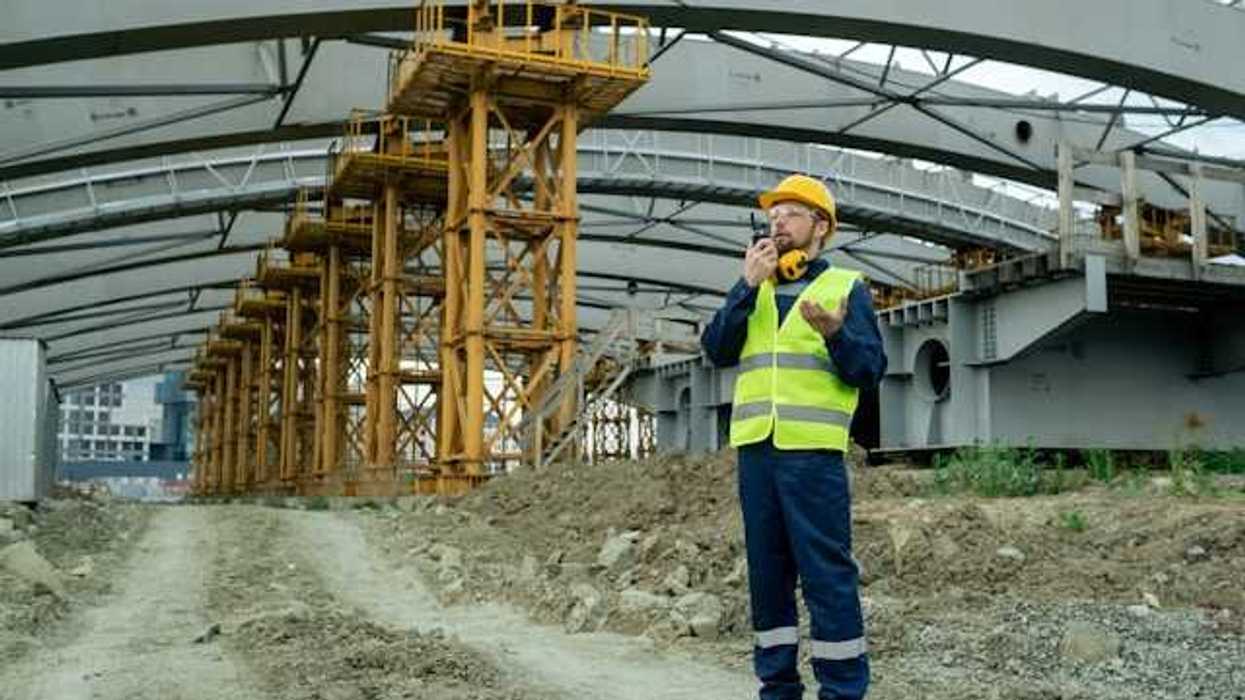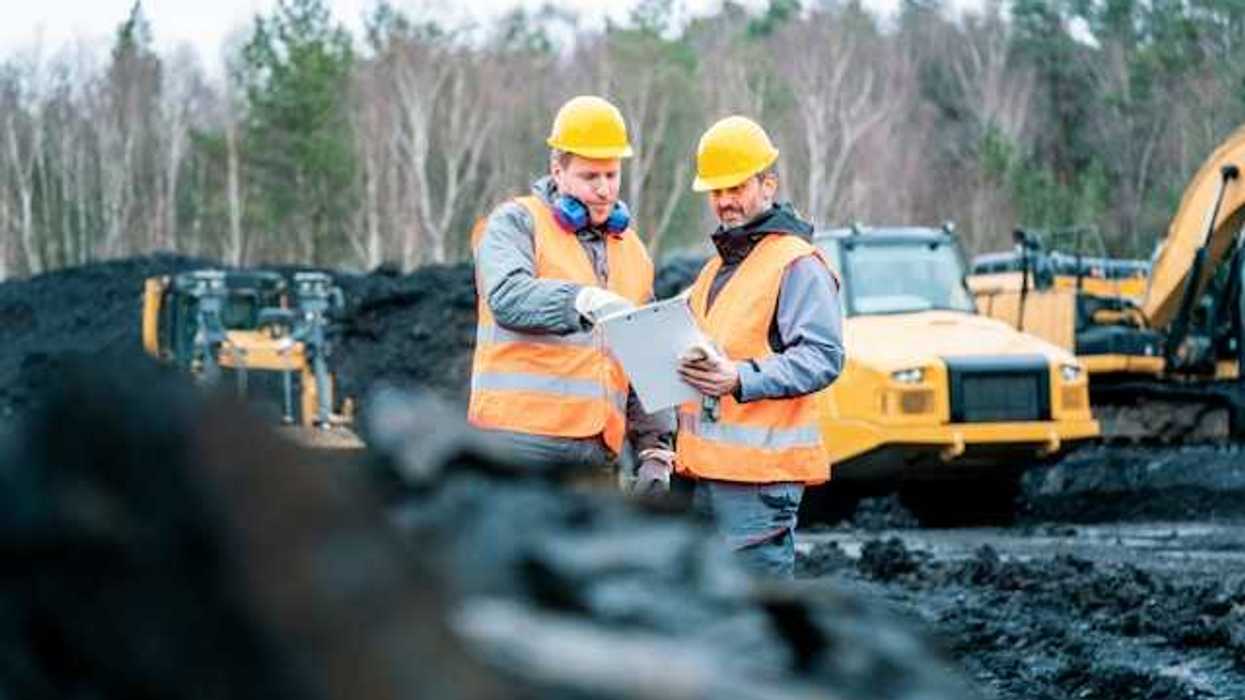New York City and St. Louis are among the first to enforce building performance standards aimed at cutting emissions, with other cities expected to follow soon.
Akielly Hu reports for Canary Media.
In short:
- Buildings account for up to 75% of urban carbon emissions, largely due to fossil fuel use for heating.
- New laws require large buildings to meet stricter energy efficiency targets over time or face fines, with New York and St. Louis implementing compliance deadlines this year.
- Early results show that compliance measures, such as switching to heat pumps, can cut utility costs for tenants and reduce emissions.
Key quote:
“Every time I talk to building owners, I let them know that this is the new normal. Once we adjust our mindset, it is not as scary as it looks.”
— Katarina Michalova, St. Louis policy lead
Why this matters:
Buildings contribute significantly to greenhouse gas emissions, especially in older cities. Energy efficiency upgrades can reduce pollution, improve air quality and lower costs, but implementing these changes requires balancing compliance costs and regulatory enforcement.
Related: Builders resist stricter energy codes for new homes














